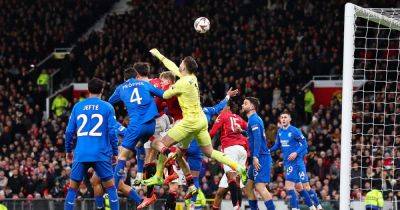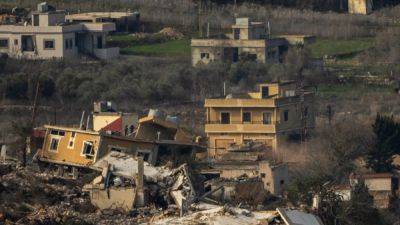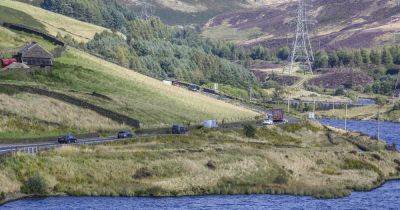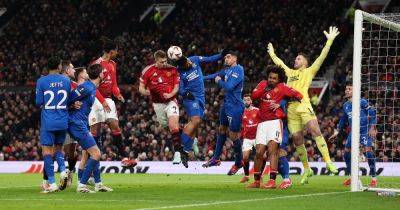Why French winemakers are buying up huge swaths of land in Southern England
The English may titter and the French may shrug but Anglo-French cooperation has been around for centuries, just...not very often.
Surely we all remember the time when the tribes in southern England came into bat for their pals on the other side of La Manche when Julius Caesar decided to invade Gaul?
Granted things went a bit the other way for the next two millennia, but surely you must remember the breakthrough under the English Channel. The handshakes, the cheering, the drinking of Champagne?
An astonishing feat of engineering and a timely reminder that although pounds won't be euros, bygones can be bygones.
Much of the history between these two nations stems from political change. From the Norman Conquest to the Entente Cordiale, societal factors have thrown France and England together and apart. But the latest example is one that stems from factors outwith political and social control: Climate Change.
Champagne is the creme de la creme and the mousse de la mousse of sparkling wine. It's an institution that is protected by law and an extremely proud tradition that has centuries of history and culture wrapped up within it. There are a number of factors that influence the product itself but it can most easily be explained by climate and terroir (the untranslatable French word that embodies, amongst other things, the land under which the sacred vitis vinifera vines are planted).
Firstly, the Champagne region is about as far north as you can traditionally get when it comes to effective winemaking, the general parameters for which lie between 30 and 50 degrees in both hemispheres. Reims, the capital of the region, lies at 49.15 degrees north. This cold winemaking climate actually works in its favour with sparkling wine as a








